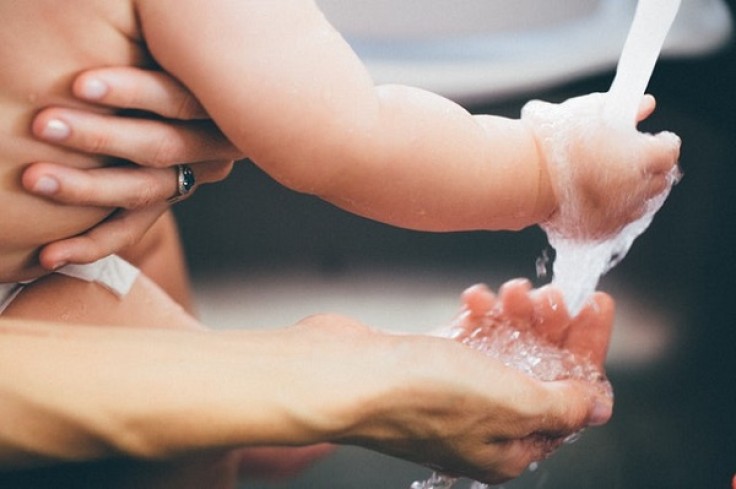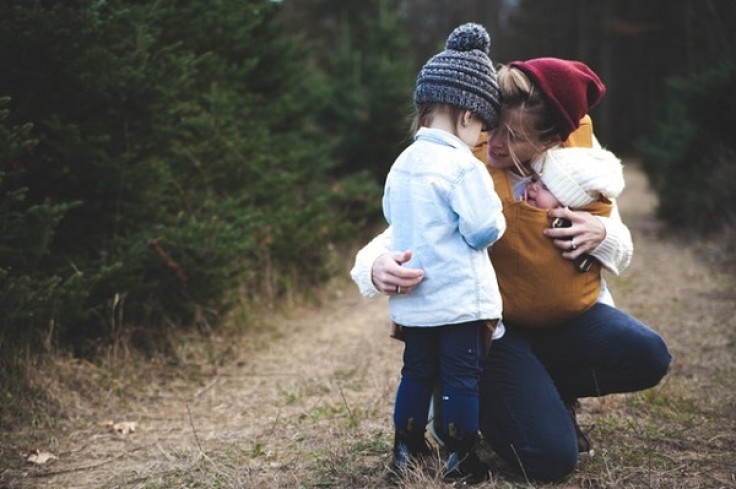Due to the coronavirus pandemic, families have more opportunities to spend time together. Since children are currently staying home and not schooling, they might be curious as to what is going on in the world.
Children are more vulnerable to feelings of anxiety, sadness, and stress during a crisis, according to UNICEF. That is why it is important that adults living with them provide a safe and reliable environment for them to discuss their feelings.
However, how can you tell them about the coronavirus? Here are some suggestions.

Share Kindness and Avoid Stigma
Avoid words that lead to assumptions blaming people about coronavirus concern. When talking to children, it is best to present facts in a balanced image as much as possible.
Tell children that the virus does not choose a specific gender or ethnicity. The illness does not depend on someone else's physical appearance.
You may ask children if they have any experience that relates to COVID-19. Ask them if there is someone in their class who has bullied anyone for infecting others. Ask them how they feel about the bully, or what they think made that person say such words.

This exchange of experience will help build trust between you and your children. It will help you bond more as a family.
Tell them that people are sacrificing for the good of others; that healthcare providers are doing their best to take care of the sick, and scientists are working overtime to find a cure. Let them know that volunteers are helping out the needy people.
You can encourage them to do their part in lifting the spirits of other people. They may video call their grandparents and see how they are doing. Or they can make crafts and send them to people to help spread love and kindness.
Be Honest
According to the US Centers for Disease Control and Prevention (CDC), honesty and accuracy would go a long way in helping children understand what they hear.
Adults need to inform children about the current situation, but it should be appropriate for their age and developmental level.
UNICEF advises adults to use appropriate language, watch the children's reactions, and be sensitive to the children's level of anxiety.
Children are affected when adults around them are stressed. Thus, you should keep your stress levels at bay by doing relaxation techniques. Also, take advantage of the current stay-at-home situation by playing with your children to help them feel connected and secured.
Listen to Your Kids
First, ask them how much they know about the pandemic issue. Ask them open-ended questions and listen carefully to what they are going to say. Let them know that they can speak to you or any adult in your home when they need someone to listen to their concerns.

Do not say reassuring words like "Do not worry" or "Things like that would never happen". Instead, acknowledge their concerns and tell them that people are doing their best to solve the issue.
If your child is still small and is not aware of the issue yet, there's no need to tell them about it. Just keep on reminding them about proper hygiene and then continue playing with them.
Make Hygiene Precautions Enjoyable
It is hard to make children stay in one place for a long time. Since it is now advisable to wash hands for 20 seconds, adults should help entertain their children by singing their favorite songs or taking their minds off boredom.
You may also give rewards to your children who will cough or sneeze into their elbow to encourage them into doing the guidelines.
Be Calm
Even if the situation makes us all scared and troubled, parents must still model calmness. When children see that you are afraid, that makes them feel terrified as well.
Much like when you are traveling on an airplane, and there is turbulence, seeing a flight attendant that looks terrified would tell you that there is something wrong. However, if the flight attendant is calm, then it would send a message to you that everything will be alright.